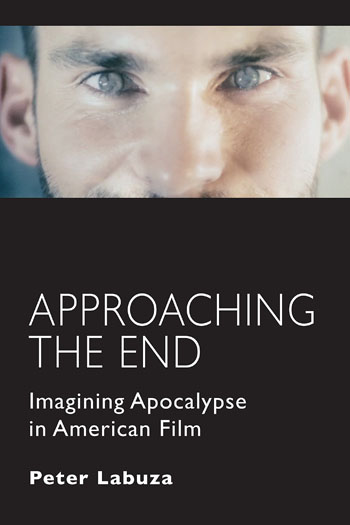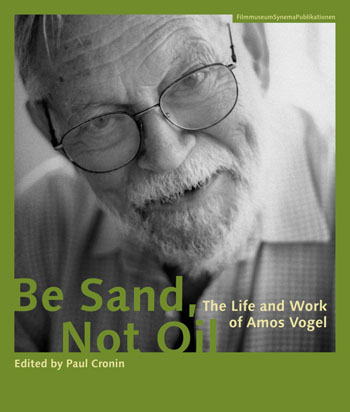Film critic Peter Labuza, host of the essential podcast The Cinephiliacs and co-editor of To Be (Cont’d), has a new book out, Approaching the End: Imagining Apocalypse in American Film. RogerEbert.com‘s got an excerpt in which Peter addresses Days of Heaven (1978): “Malick juxtaposes the human conflict with the conflict of nature through biblical, apocalyptic imagery—the swarms of locusts, but especially the repeated depictions of fire.”
And for the blog of his publisher, The Critical Press, Peter asks, “Who would think than the best apocalyptic film of the year then would be a Liam Neeson crime thriller? Scott Frank’s A Walk Among the Tombstones is a troubling and brutal film.”
WHAT IS NOIR? w/ Peter Labuza from Tom Elrod
The Dissolve‘s posted an excerpt from Jason Bailey’s new book, The Ultimate Woody Allen Companion in which Bailey addresses “The Woody Allen Style.”
Frederic Lombardi’s Allan Dwan and the Rise and Decline of the Hollywood Studios “does much—indeed, as much as could be imagined—to both trace the director’s history and career and explicate the myths,” writes Bright Lights editor Gary Morris. “Along the way, as the name implies, we get a fascinating look at the studio system from its Wild West days at the beginning through Hollywood’s golden age and postwar era, and what it was like to be at the center, initially, of American commercial cinema and then working at the margins to create film art. The book is a masterful achievement in cinematic archaeology.”
“Anyone who has ever been an audience for auteur and artist George Kuchar will never forget that voice,” writes Jennifer Krasinski for the Los Angeles Review of Books. “His tart Bronx honk was a ‘sonic signature’ of sorts, heard throughout the almost 350 films and videos he made over his lifetime…. The George Kuchar Reader, edited with palpable reverence and intelligence by filmmaker/curator Andrew Lampert, gives audiences a new angle on Kuchar’s domain, offering up a generous cross section of his lesser-known roles as screenwriter, essayist, illustrator, comic artist, diarist, and correspondent. The book is a grand opportunity to lap up his language, and to spend time inside that voice, a force of nature even when relegated to paper.”
Be Sand, Not Oil. The Life and Work of Amos Vogel, edited by Paul Cronin and featuring a forward by Werner Herzog, will be launched at the Viennale on October 26 and at New York’s Film Forum on November 9. This is FilmmuseumSynemaPublikationen Vol. 24 and it’s published internationally by Columbia University Press.
At RogerEbert.com, Jana Monji talks with Cary Elwes about his new book, As You Wish: Inconceivable Tales from the Making of The Princess Bride, which, as Neph Basedow notes in the Austin Chronicle, “offers Elwes’s fondest memories from the movie’s filming, as well as behind-the-scenes goofs and interviews with his co-stars, including Billy Crystal and Robin Wright (aka Princess Buttercup).”
Reviewing Consumed, Bill Ryan finds that “Cronenberg’s is a curious but genuine sense of humor, and he’s in completely control of how darkly ridiculous his plot becomes.”
The Guardian‘s posted an extract from Russell Brand’s Revolution, Simon Hattenstone’s interview with Brand and what basically amounts to a couple of disclaimers from Suzanne Moore and Polly Toynbee. In the New Republic, Naomi Shavin notes that this “book is all his own; according to an email from Brand’s publicist, ‘No ghost or cowriter at all. This is all Russell.’ All Russell, indeed. The book’s most prominent feature is its central analogy: our capitalist, environment-degrading, disparity-widening system is like Brand’s personal struggle with addiction. According to Brand, we are unhealthy, unsustainable, strung out, and in too deep to realize our problem, let alone how to liberate ourselves from it.”
Meantime, it was just Tuesday that I posted another entry devoted exclusively to books.
For news and tips throughout the day every day, follow @KeyframeDaily. Get Keyframe Daily in your inbox by signing in at fandor.com/daily.





